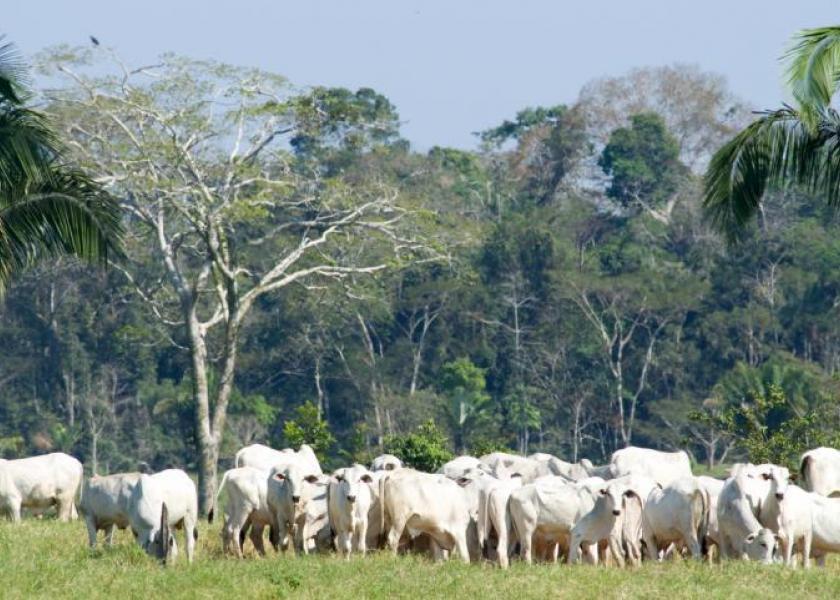NCBA Renews Call for Suspension of Brazilian Beef Imports

Following the USDA report highlighting an increase in Brazilian beef imports, the National Cattlemen’s Beef Association (NCBA) renewed its call for the immediate suspension of fresh beef imports from Brazil. NCBA has repeatedly called for a thorough audit of Brazil’s animal health and food safety system, to ensure the safety of the U.S. cattle herd. In 2021, Brazilian exports to the United States increased by 131 percent. In the first three months of 2022, Brazil has already shipped more than 50,000 metric tons of fresh beef to the U.S.
This unprecedented surge of imports triggered a temporary tariff safeguard of 26.4 percent that will apply to Brazilian beef imports for the rest of 2022. While a temporary tariff increase may discourage further imports from Brazil, it does not address the underlying concern over Brazil’s repeated failure to adhere to international animal health and food safety standards.
“We are, once again, calling on Secretary Vilsack to suspend fresh beef imports from Brazil, because of that country’s long history of failing to report BSE cases in a timely manner. It’s incredibly disappointing to have our science-based recommendations met with no notable response by the U.S. Department of Agriculture,” said NCBA Vice President of Government Affairs Ethan Lane. “As beef imports from Brazil continue to rise, we urge USDA to reconsider their stance on Brazilian beef and take necessary action to safeguard the integrity of the entire U.S. food supply chain.”
NCBA believes that restricting Brazilian imports all altogether is essential until Brazil proves it is a trustworthy and reliable trade partner, capable of adhering to our standards.
Background:
Only 12 percent of beef consumed in America is imported, and nearly 75 percent of beef imports are lean beef trimmings used in combination with fattier trimming to make ground beef. The majority of imported beef comes from countries that have formalized trade agreements with the United States or who have specific import quotas. All other beef imports are sold under the “Other Countries” annual quota of 65,000 metric tons. Beef sold under the “Other Countries” quota is a charged a rate of 4.4 cents per kilogram, and beef sold over the quota is charged a 26.4 percent tariff.
According to the latest U.S. Customs and Border Protection report, the “Other Countries” quota is full, resulting in a tariff increase on beef imports from Brazil, Japan, Ireland, Lithuania, and the United Kingdom for the remainder of 2022. A majority of the quota was met due to the 50,000 metric tons of fresh beef imports from Brazil to the United States in the first quarter of 2022.







